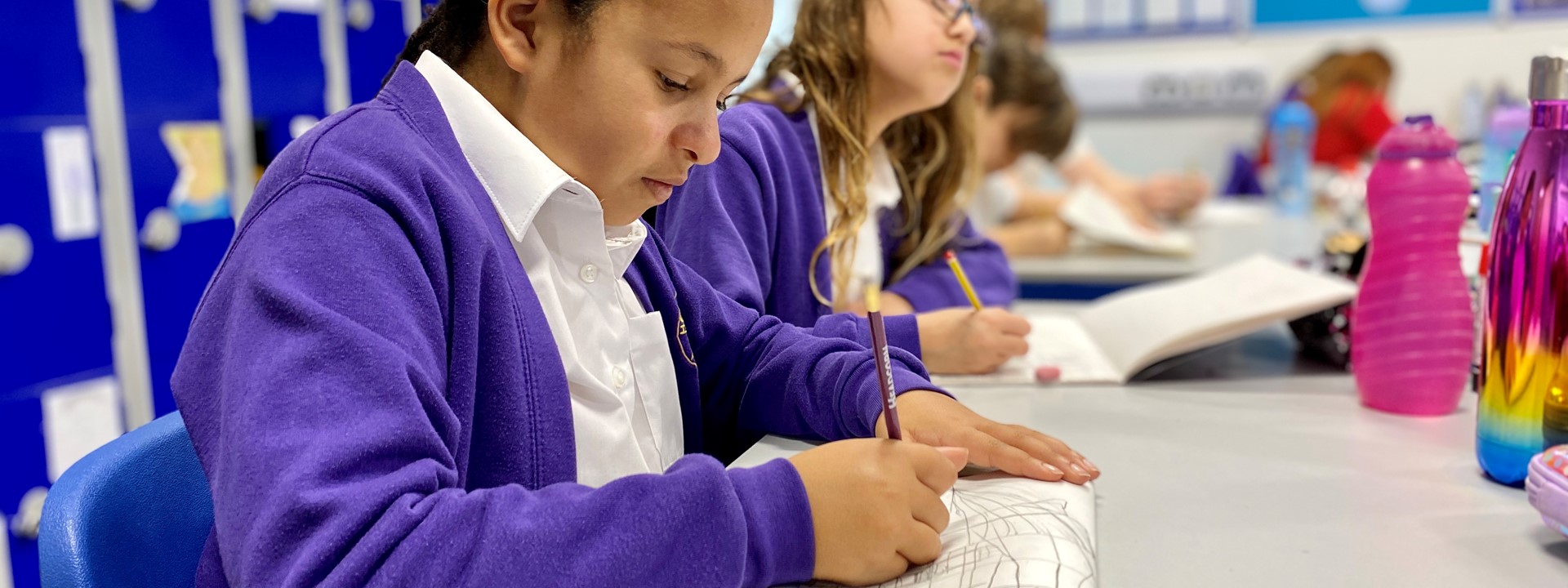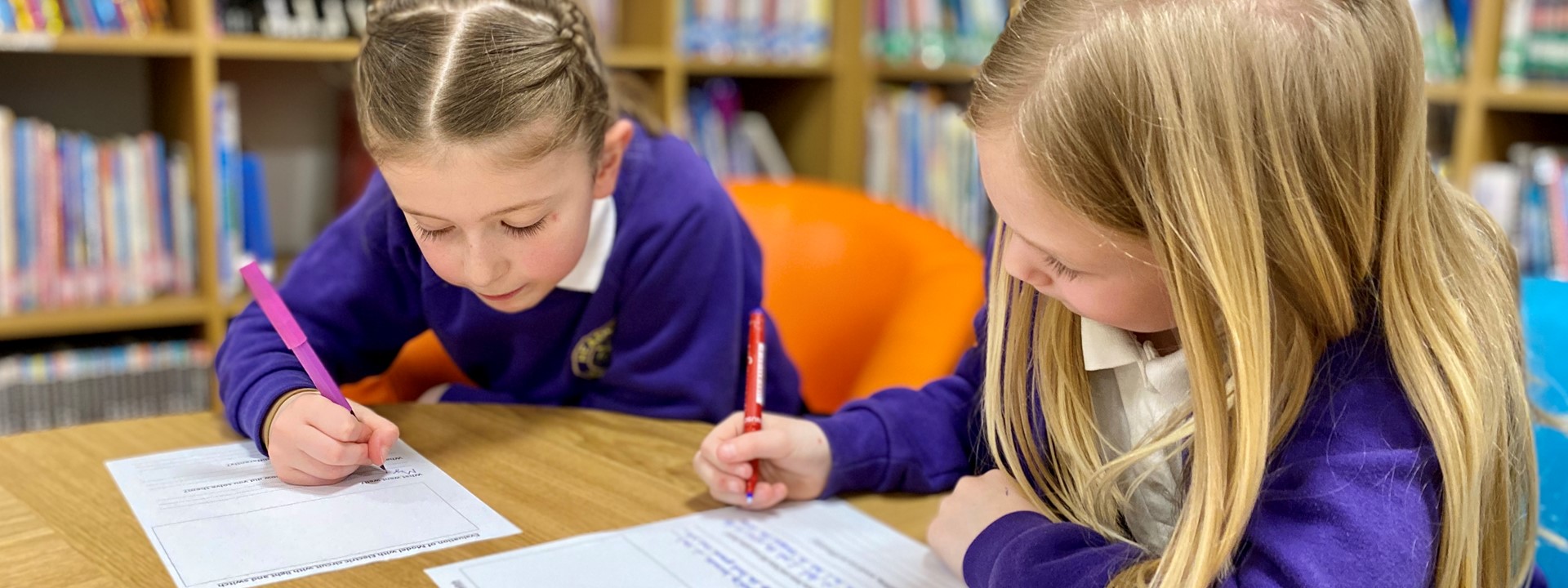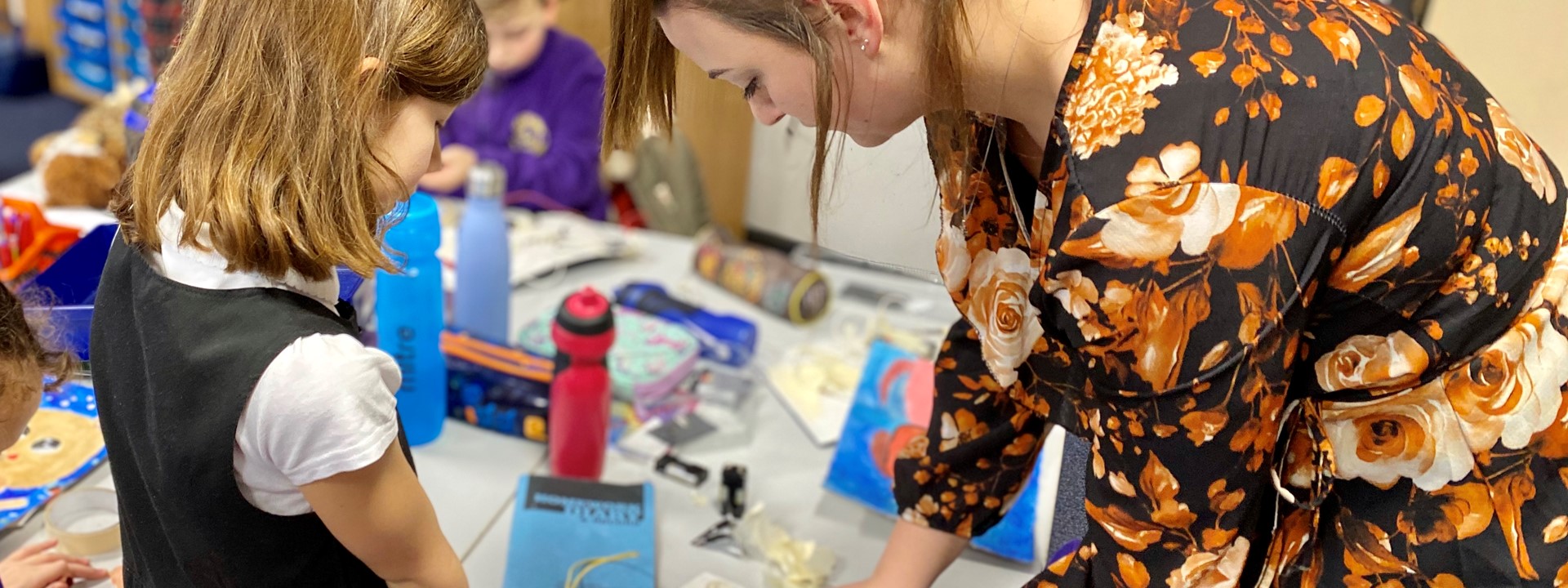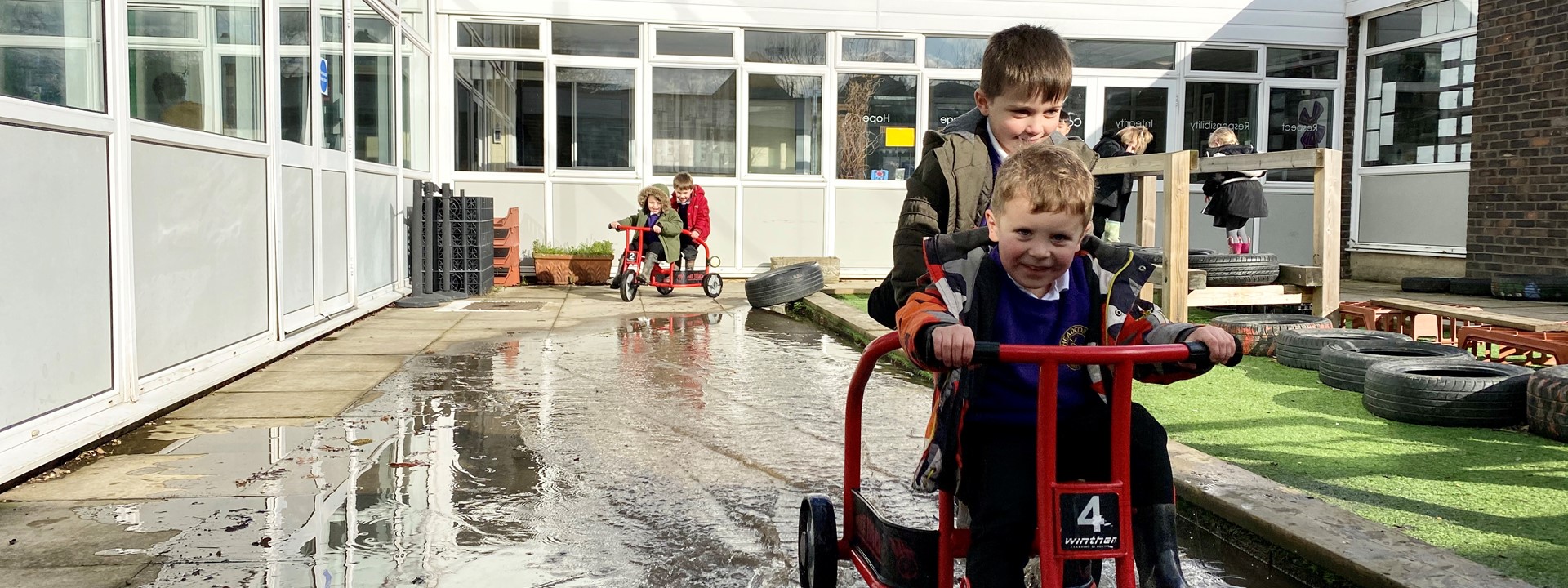Equality Information and Objectives
Aims
Our school aims to meet its obligations under the Public Sector Equality Duty (PSED) by having due regard to the need to:
- Eliminate discrimination and other conduct that is prohibited by the Equality Act 2010
- Advance equality of opportunity between people who share a protected characteristic and people who do not share it
- Foster good relations across all characteristics – between people who share a protected characteristic and people who do not share it
Eliminating Discrimination
The school is aware of its obligations under the Equality Act 2010 and complies with non-discrimination provisions.
Where relevant, our policies include reference to the importance of avoiding discrimination and other prohibited conduct.
Staff and governors are regularly reminded of their responsibilities under the Equality Act – for example, during meetings.
The school has a designated member of staff for monitoring equality issues. They regularly liaise regarding any issues and make senior leaders and governors aware of these as appropriate.
Advancing equality of opportunity
As set out in the DfE guidance on the Equality Act, the school aims to advance equality of opportunity by:
- Removing or minimising disadvantages suffered by people that are connected to a particular characteristic they have (e.g. pupils with disabilities, or gay pupils who are being subjected to homophobic bullying)
- Taking steps to meet the particular needs of people who have a particular characteristic (e.g. enabling Muslim pupils to pray at prescribed times)
- Encouraging people who have a particular characteristic to participate fully in any activities (e.g. encouraging all pupils to be involved in the full range of school societies)
In fulfilling this aspect of the duty, the school will:
- Publish attainment data each academic year showing how pupils with different characteristics are performing
- Analyse the above data to determine strengths and areas for improvement, implement actions in response and publish this information
- Make evidence available identifying improvements for specific groups (e.g. declines in incidents of homophobic or transphobic bullying)
- Publish further data about any issues associated with particular protected characteristics, identifying any issues which could affect our own pupils
Fostering good relations
The school aims to foster good relations between those who share a protected characteristic and those who do not share it by:
- Promoting tolerance, friendship and understanding of a range of religions and cultures through different aspects of our curriculum. This includes teaching in RE, citizenship and personal, social, health and economic (PSHE) education, but also activities in other curriculum areas. For example, as part of teaching and learning in English/reading, pupils will be introduced to literature from a range of cultures
- Holding assemblies dealing with relevant issues. Pupils will be encouraged to take a lead in such assemblies and we will also invite external speakers to contribute
- Working with our local community. This includes inviting leaders of local faith groups to speak at assemblies, and organising school trips and activities based around the local community
- Encouraging and implementing initiatives to deal with tensions between different groups of pupils within the school. For example, our school council has representatives from different year groups and is formed of pupils from a range of backgrounds. All pupils are encouraged to participate in the school’s activities, such as sports clubs. We also work with parents to promote knowledge and understanding of different cultures
Equality considerations in decision-making
The school ensures it has due regard to equality considerations whenever significant decisions are made.
The school always considers the impact of significant decisions on particular groups. For example, when a school trip or activity is being planned, the school considers whether the trip:
- Cuts across any religious holidays
- Is accessible to pupils with disabilities
- Has equivalent facilities for boys and girls



